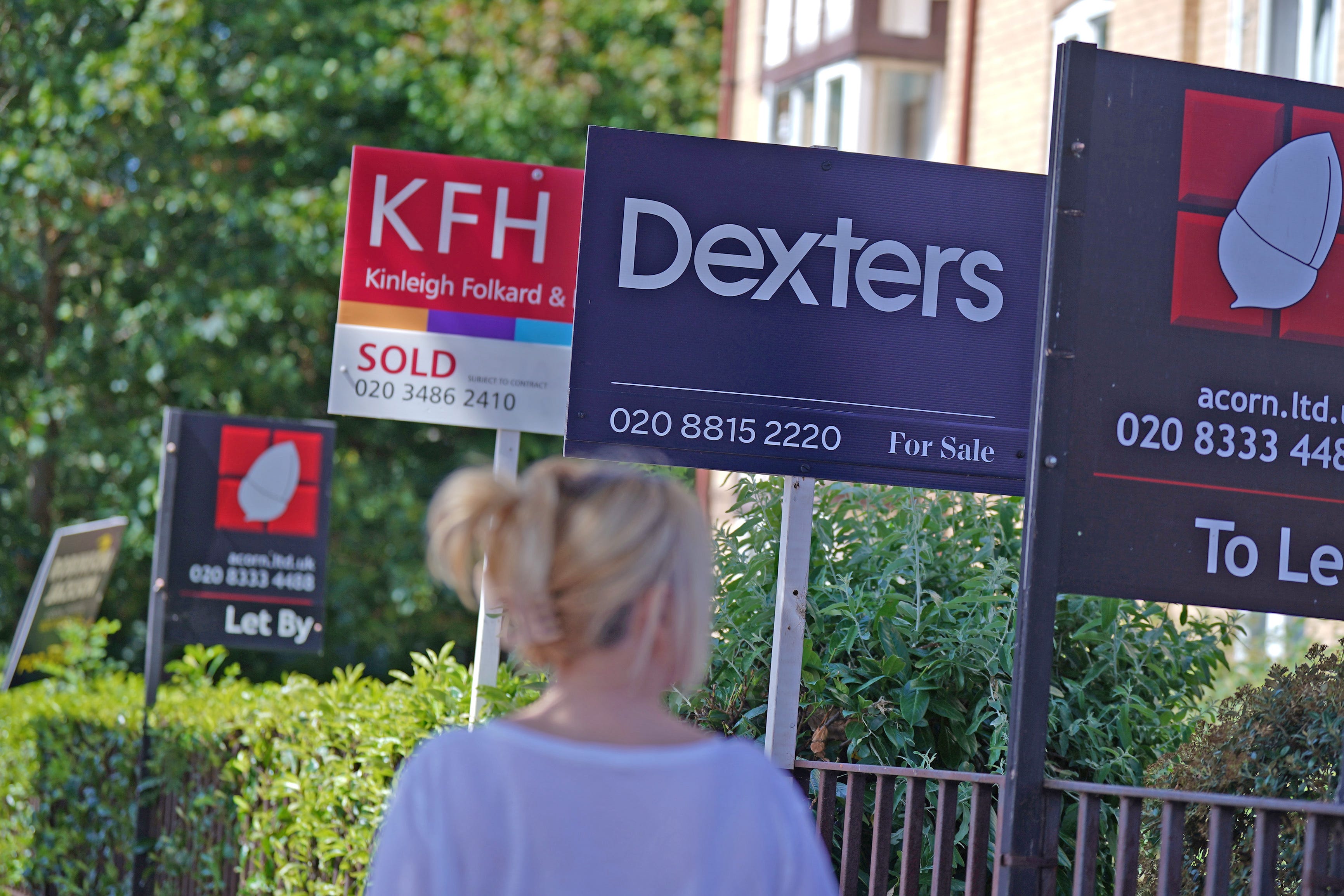‘It’s our house, but it’s their home’: tenants and landlords discuss renters’ reform bill
Share:
As legislation returns to the Commons, hopes rise of an end to no-fault evictions in England, but some fear loopholes. The Guardian’s journalism is independent. We will earn a commission if you buy something through an affiliate link. Learn more. When Nicola Jalland, 62, was served with a section 21 no-fault eviction in March 2022 – which means a landlord can oust a tenant for no reason – she was upset to leave the property she had lived in for 11 years. She had made the home a sanctuary, with a garden full of flowers.
![[Nicola Jalland]](https://i.guim.co.uk/img/media/3c6a474a6478d76ea4b18e9a384af7bdc2b8b6a4/0_0_2320_3088/master/2320.jpg?width=120&dpr=1&s=none&crop=none)
But when Jalland got her second no-fault eviction in two years in November 2023, she was angry. “It was an incredible feeling of imbalance of power,” she says. “The second time it happened, I literally felt worthless.”. Jalland says she was forced to move in with her 82-year-old mother after the second eviction while waiting for a council property, saying she slept on cushions on the floor.
![[A rainbow in the sky above a garden]](https://i.guim.co.uk/img/media/95c5d675eb5f4a600c36dc3a95b3f59546958a63/0_145_2448_3060/master/2448.jpg?width=445&dpr=1&s=none&crop=none)
“I was nothing to them [her landlords], I was monetary value,” she says. The government has vowed to abolish no-fault evictions in England, and its renters’ rights bill goes before the House of Commons on Tuesday for its report stage and third reading, with MPs due to debate an amendment on rent controls.
More than 108,000 households have been served with no-fault evictions since the then prime minister, Theresa May, promised to ban the practice in 2019, according to the homelessness charity Crisis. Labour’s bill would ban no-fault evictions and add new grounds for reclaiming a property if the owner must sell up or move in; scrap estate agent bidding wars; cap rent rises to once a year; set new rules on dealing with mould and damp; and create a database of landlords, among other changes.






















